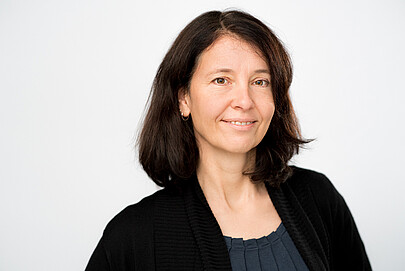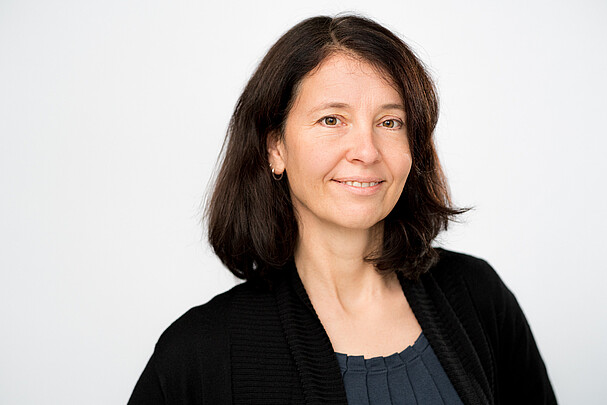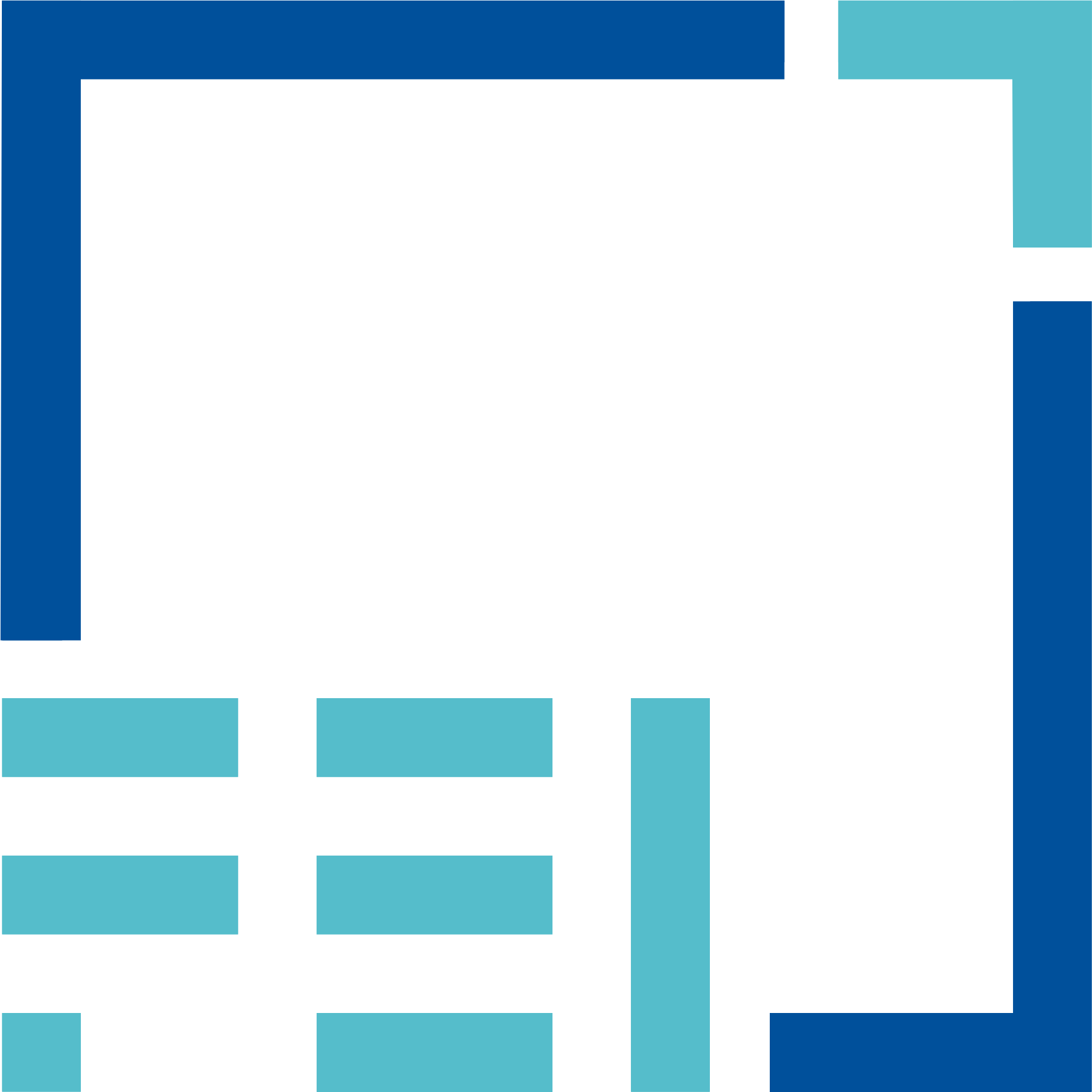Module handbook and course catalogue
Timetables
The bachelor's degree programme Computer Science can only be started in the winter semester. Here you can find the corresponding timetable for your semester (only in German).
Summer semester 2024
Information about coursework and examinations
-
Can examinations and coursework from another degree programme be recognised?
Successfully completed examinations and coursework can be recognised. There must be no fundamental differences in comparison to the components required in this degree programme. If you want to have your examinations or coursework recognised, you must apply for this before your first examination registration. The exact instructions and required documents can be found on the website of the Examination Board for Computer Science.
Please submit the documents to your contact at the Examination Office, Ms. Kohlmetz. The Examination Board will then decide on your application; the module description forms an important basis for the decision.
Are you moving between the Computer Science and Computer Engineering degree programmes at LUH?
When moving between the Computer Science and Computer Engineering degree programmes in-house, you do not need to submit an application to the Examination Board. It is sufficient if you send a short email to the examination office clerk of your new degree programme to inform them that you have changed degree programmes and would like to have previous achievements credited. The examination office clerks are Ms Kohlmetz (kirstie.kohlmetz@fei.uni-hannover.de) for Computer Science and Ms Schollbach (marie.schollbach@fei.uni-hannover.de) for Computer Engineering.
Components that were completed outside a degree programme can be credited with a maximum of 50% of the required credit points.
-
What are the required-elective modules and what can I do for these?
The degree programme is divided into compulsory modules, required-elective modules and elective modules according to § 1 of the Examination Regulations.
- Compulsory modules must be completed.
- Required-elective modules can be chosen from a range of offered modules.
- Elective modules can be taken, but are not obligatory.
In the study plan you will find the designation "Wahl(pflicht)module (Inf/StuG/M/N)". This is a summary of all modules for which you can make a personal selection from the module handbook.
If you do not take the elective competence modules, you will have to do more work in the required-elective competence areas. This explains the wide range of 15 to 41 credit points in the required-elective competence area "Vertiefung der Informatik".
-
How do I register for an exam?
Each semester, you must register for all examinations and coursework online with the Examination Office, during the corresponding registration period. After the registration period ends, it is no longer possible to register.
Exceptions exist among the minor subjects: online registration is not available for some examinations in the minor subjects. You must register for these directly at the Examination Office using a form, but still during the official registration period.
Studium Generale exception: there have been some changes since WS 2019-20. Only the courses listed in the module catalogue under "Studium Generale" must be registered during the examination registration period. All other courses need not! The certificate (called a "Schein" in German) bearing the result must be submitted to the Examination Office at the end of the semester. Completed courses will only be recorded as coursework (ungraded), not as examinations.
-
How can I have my coursework and examinations certified?
As a rule, the results of completed examinations and coursework are entered directly into your online examination account by the lecturer. In individual cases, this is not possible, e.g., in the case of freely selectable, cross-degree-programme examinations or coursework. In this case, please ask the examiner/lecturer to issue a certificate (called a "Schein" in German) bearing the result. You should then submit this certificate to the Examination Office.
Exception minor subject Philosophy: Using this form, you can have your results in the minor subject Philosophy certified.
-
Which courses can I attend in Studium Generale and how are my credit points certified?
In Studium Generale, courses can be selected from the courses offered by all faculties of Leibniz University, the Leibniz Language Centre (LLC) and the ZQS/Key Competencies. To obtain the credit points, the courses have to end with an examination or provide a certificate of achievement. In all cases, please contact the examiner of the course and clarify whether she/he will allow you to take the examination. Courses for which attendance alone is certified cannot be credited. Only courses that are explicitly assigned to the competence area “Studium Generale“ in the module handbook may be selected from the courses offered by the Faculty of Electrical Engineering and Computer Science. For courses listed in the module handbook Computer Science / Computer Engineering, you must register online during the examination registration period. Courses from other providers (other faculties, LLC, ZQS) do not require registration. In this case, please ask the examiner / lecturer to issue a certificate (called a "Schein" in German) for the result of the completed course. Finally, you must submit this certificate to the Examination Office. For language courses at the Leibniz Language Centre, the Examination Board has decided: "For language courses in Studium Generale, 1 LP per 1 SWS is credited. German for native speakers and other languages that are the language of education in the country of origin are not credited and can only be assessed as an additional achievement. Students whose native language is not German can take German courses from B2/C1 upwards." Certified body work at LUH can be credited.
-
Do I have to complete an internship as part of my studies?
The bachelor's degree programme in Computer Science does not include an internship, but an optional internship is possible in the master’s degree programme.
-
What do I have to consider if there are changes to the Examination Regulations?
If changes are made to the Examination Regulations, students will be informed by e-mail. It is, therefore, important to make sure that your current e-mail address is registered with the Admissions Office. As a rule, all students are transferred to the new version of the Examination Regulations. If you notice any disadvantages in your personal course of study due to a change in the Examination Regulations, you can apply for remedy at the Examination Board until the end of the current calendar year.
-
How do I register for my bachelor’s degree thesis?
Step 1: Print out the form "Application for Admission to the Bachelor’s Degree Thesis" and fill in the first paragraph.
Step 2: Get the first page filled out by the Examination Office. Please note that the supervisor may only issue the topic after this step has been completed!
Step 3: Now fill out the second page together with your supervisor or examiner in the subject area of your choice. As a rule, the supervising section will then return the form to the Examination Office.
-
Which Examination Board is responsible for me?
The Computer Science Examination Board is responsible for the degree programme Computer Science. The Examination Board ensures that students are offered proper examinations each semester. It also decides extraordinary questions concerning the examinations. The chairman of the Examination Board is Prof. Rohs. Please submit applications to the Examination Board only to Ms Kirstie Kohlmetz at the Faculty Examination Office. You will find further information on the website of the Examination Committee (only in German).
Regulations for your degree programme
Your contacts

 © Julian Martitz
© Julian Martitz
30167 Hannover

 © Julian Martitz
© Julian Martitz

 © Julian Martitz
© Julian Martitz
Computer Science
30167 Hannover

 © Julian Martitz
© Julian Martitz
Computer Science











